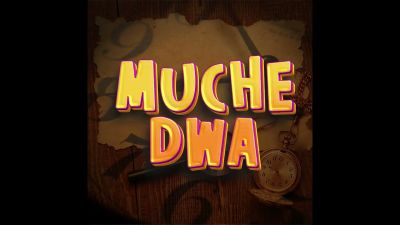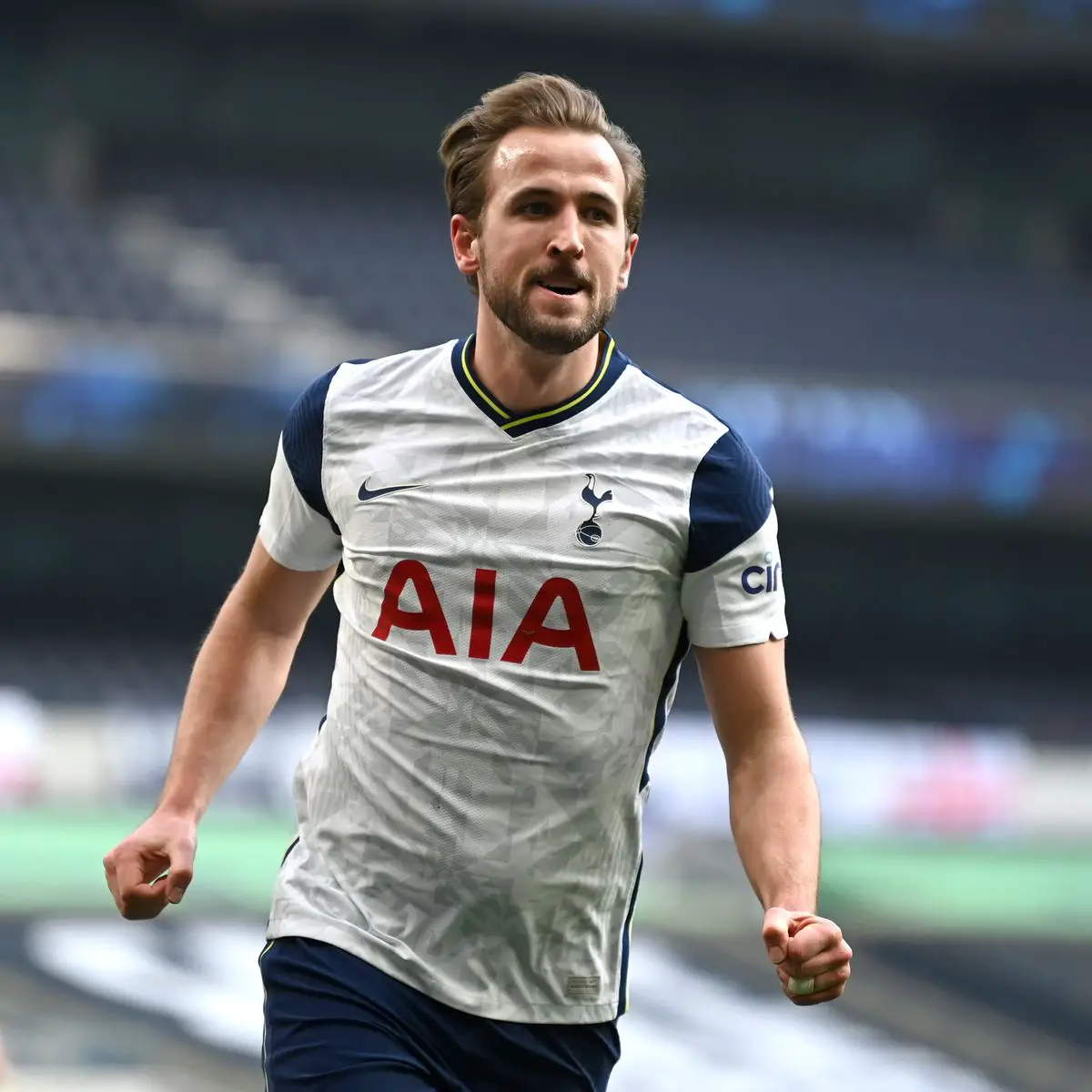Nigeria’s headline inflation rate in May 2024 rose to 33.95 percent, according to the latest data released by the National Bureau of Statistics. The bureau said that food & non-alcoholic beverages as well as housing, water, electricity, gas and other fuels were the main factors driving the inflation rate.
In the same reporting month, the food inflation rate was 40.66 percent, 15.84 percent higher than in May 2023 (24.82 percent).
These figures reflect how high prices of goods are in local markets, and consistent increases, based on monthly analysis, mean that food prices are increasing day by day.
RipplesMetrics understands that the increase in numbers may be related to policies introduced last year under Bola Tinubu’s current administration as Nigeria’s president. However, to reflect the existing reality, this organization compared growth rates in the first year of the terms of previous presidents.
Tinubu’s first year in office
When the president took office in May 2023, the inflation rate was at 22.41 percent, but within one year, during the president’s administration, the inflation rate increased by 11.54 percent to 33.95 percent in May 2024.
READ ALSO:RipplesMetrics: Assessing Nigeria’s economy, one year after Tinubu’s assumptions
Here are some of Ripples Metrics’ key findings:
- This is the first time the inflation rate has increased consistently across months during a newly elected president’s first year
- The inflation rate gradually surpassed the precious figures and became the highest inflation rate Nigeria has ever recorded. For example, this inflation rate has exceeded the highest record, since Nigeria returned to democratic rule in 1999 and the same inflation rate in 1996.
- In the 2024 budget, Tinubu said the budget is targeted to reduce inflation by 21.4 percent. To achieve this, it means that starting June 2024, the inflation rate must gradually decrease by an average of 2 percent every month.
Ripples Metric has reported a one-year assessment of the economy under the Tinubu administration.
Another president’s first year in office
Tinubu’s predecessor, Muhammadu Buhari’s first year in office in May 2015, the inflation rate was 9 percent, but it increased to 15.58 percent in one year. This figure increased by 6.58 percent. In contrast to Tinubu, in Buhari’s first year, the inflation rate doubled before continuing to increase from November 2015 to May 2016.
When Goodluck Jonathan was elected president in May 2011, the inflation rate reached 12.4 percent and in May 2012 it became 12.7 percent.
Nigeria’s minimum wage is being questioned
Recently, there has been growing talk around a N30,000 increase in the minimum wage in Nigeria. Recall that the Nigerian Labor Congress (NLC) and Trade Union Congress (TUC) embarked on a nationwide strike to protest the proposed increase of over 1000 percent due to economic realities.
With the recent increase in inflation, the cost of living has become unaffordable for Nigerians who earn N30,000 as minimum wage to survive. To put this in better perspective, by April 2024, the cost of eating healthy food is pegged at N1,035. This means that anyone living in Nigeria would need N64,170 to eat at least two healthy meals every day for a month – 31 days.
By: James Odunayo
The post RipplesMetrics: Comparing Nigeria’s inflation rates after one year of successive governments appeared first on Latest Nigerian News | Top News from Ripples Nigeria.
 JamzNG Latest News, Gist, Entertainment in Nigeria
JamzNG Latest News, Gist, Entertainment in Nigeria






